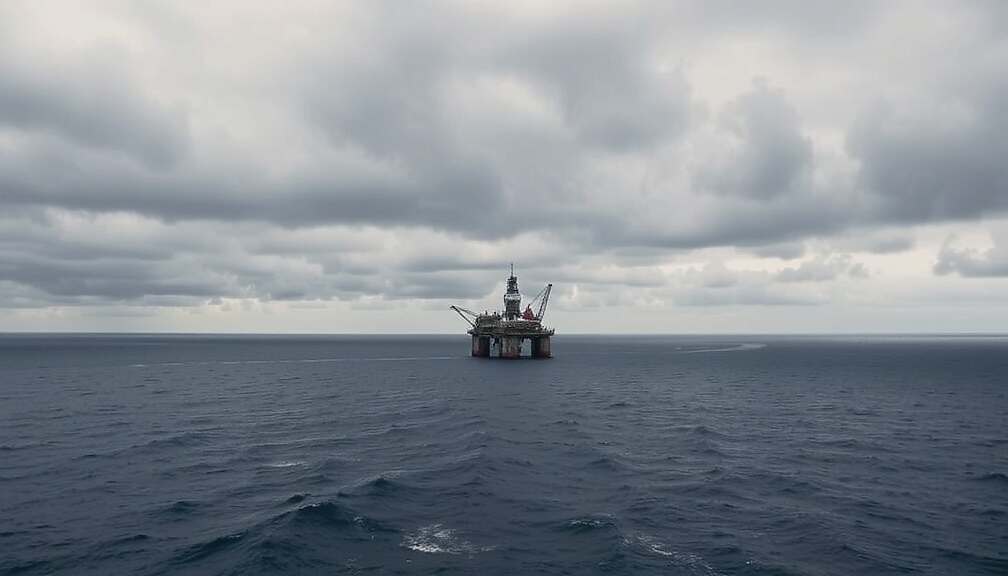Exploration drilling for natural gas has commenced off the coast of Borkum, Germany, triggering strong criticism from Felix Banaszak, leader of the Green Party. He has accused the German government of undermining climate protection efforts with each drill site established in the Wadden Sea.
Banaszak argued that the project poses a threat to the region’s unique natural environment, a UNESCO World Heritage site home to harbor porpoises, seals and millions of migratory birds. He characterized the government’s actions as prioritizing profits for the fossil fuel industry and described the move as a “step backwards” and a “high-risk” venture.
The Lower Saxony State Office for Mining, Energy and Geology (LBEG) approved the immediate execution of the drilling, following a permit granted last year. However, the environmental organization German Environmental Aid (DUH) has filed a lawsuit against the permit, which previously had a suspensory effect.
Protests against the drilling began on Borkum on Thursday, with activists from DUH and the climate movement “Fridays for Future” establishing a protest camp. Banaszak expressed solidarity with the demonstrators, urging them to persevere.
Concerns among residents of the East Frisian islands regarding the impact on their homeland were highlighted, leading Banaszak to assert that “fossil sham solutions” are no longer affordable. He advocated for a legal halt to new oil and gas drilling in Germany, coupled with a complete cessation of domestic extraction by 2030.
The Green Party has presented proposals for amending the Federal Mining Act, currently under consideration in the Bundestag. They also emphasized the need for accelerated expansion of wind and solar energy to ensure affordable electricity prices and protect domestic ecosystems from the climate crisis.
The International Court of Justice recently underscored the internationally binding nature of the 1.5-degree target in its climate statement, noting that failure to take appropriate measures could violate international law. This is particularly relevant in instances where states promote the extraction of fossil fuels, grant exploration licenses, or subsidize fossil energy carriers, actions that could potentially be interpreted as violations of international law.












